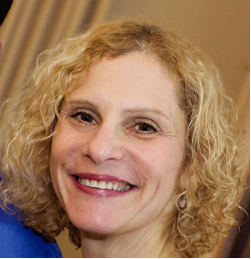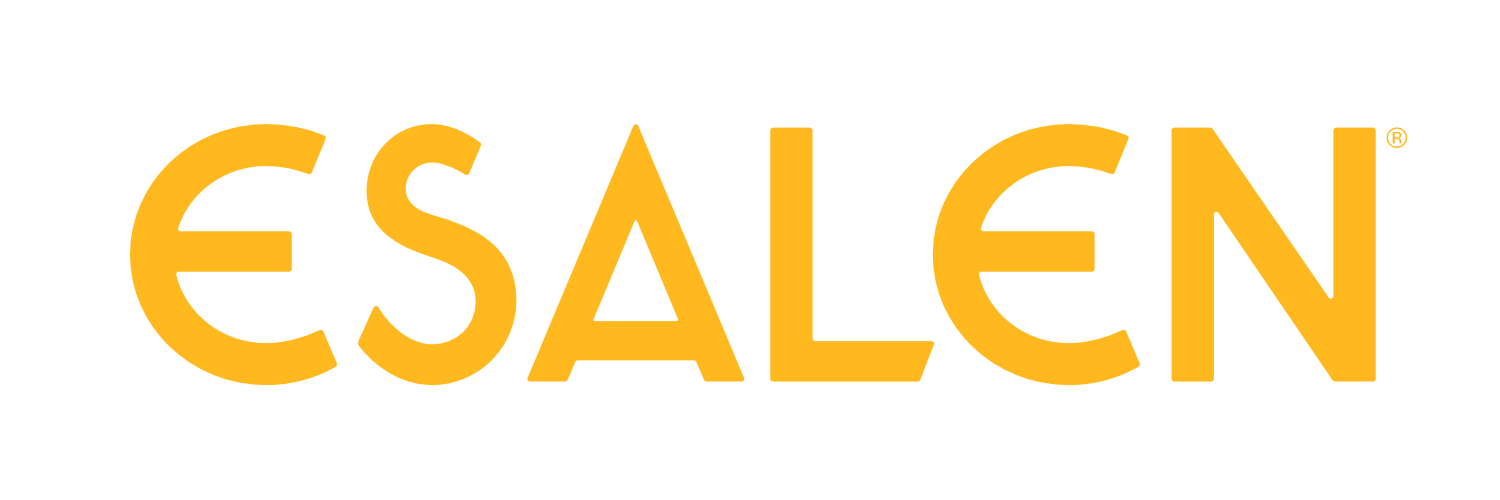
I am the daughter of two Holocaust survivors.
My mother, the scion of a long rabbinical line, from a mid-sized prosperous Galician city, married my father, a handsome young rabbi, as World War II surged towards them across the Polish countryside. They survived together, hidden in a false attic, joining partisans in the cold and inhospitable woods of the Ukraine, sole survivors of their entire families.
They lost a daughter in those woods, but managed to bring my older sister, born in a DP camp in Munich, and a foundling child to America, pushing out of the wreckage of their young adulthoods to build a life across the sea.
This has been an essential part of my identity since early childhood; I grew up in an ultra-Orthodox community in Brooklyn, with many other children of survivors. We shared our parents’ stories as if collecting baseball cards—comparing family casualties and harrowing tales.
Despite their apparent success raising children and grandchildren, our nights were filled with my father’s cries for his lost brothers and my mother’s struggles with depression, and always a profound sense of sadness and loss.
When Israel was founded, my parents’ joy was boundless; they believed its existence would have saved their families. They yearned to live there, but could not face another dislocation.
In my Brooklyn school, the narrative we learned was simple and direct. We studied pogroms and the Crusades, and learned that the Holocaust was the culmination of evils perpetrated against the Jews, while Israel’s wars were fought to defend the country against a multitude of enemies.
We had been hated; our families, our culture, had been wiped out, and we could never return to the bloodstained soil of Eastern Europe. We prayed fervently three times a day, facing eastward, for the redemption and rebuilding of Jerusalem.
Later on, in college, medical school, and beyond, I dedicated myself to encouraging feminism in an Orthodox Jewish environment. I was part of early efforts to seek equal Jewish education, including Talmud study, for women.
As an OB/GYN, I have taught frequently about issues concerning women’s health and Jewish law, such as contraception, abortion, and genetic testing. I spent years acquiring knowledge about the cultural nuances of Orthodox life and the complex issues that surround integrating religious observance and reproductive health.
In recent years, I have begun to consider the nuances complicating the narrative I was raised with. In part, this was inspired by my wonderful children; each of my four daughters have spent gap years in Israel following high school, and two of them participated in programs run by the Encounter organization, which encourages future Jewish leaders to enter Palestinian cities, and to meet and speak with Palestinian activists in Hebron, East Jerusalem, and Bethlehem.
In addition, another of my daughters ran a program called JAM (Jews And Muslims) at Harvard University, which aimed to facilitate dialogue between members of two groups often in conflict. My daughter bonded with religious Muslims and discovered many commonalities of belief and practice.
Another daughter spent a Fulbright scholarship year in Ukraine, visiting many of the villages and cities that my parents knew so well, celebrating the richness of what Jewish life once was, and connecting to a resurgence in appreciation of multiculturalism in Ukraine.
Opening my heart and mind to complex issues such as morality in combat, prejudice against the other—be that a Jew, Arab, or Palestinian—became a moral and ethical imperative for me, as a religious Zionist.
Being at Esalen was a remarkable and transformative experience for me. The TRACK TWO International Abrahamic Network Conference on the Peace of Jerusalem gave me the opportunity to meet incredible people like Mohammed Dajani, a former Fatah fighter who currently preaches moderation, and has written a book in Arabic describing the Holocaust.
I also met Abdullah Omeish, who impressed me with his tremendous courage and ability to penetrate war zones to understand the reality of conflict. I will never forget his openness and warmth, nor that of Huda Abu Arqoub, who grew up in Hebron and whom I would love to have as my sister. Her talent with group dynamics and understanding of the power of narrative is incomparable.
My experience at the TRACK TWO conference underscored my belief that efforts like this one are the only answer to conflict. Establishing opportunities for members of conflicting groups to speak to each other on a one-on-one basis allows for spaces without rhetoric and political imperative.
The only way to exit the mire of cynicism and despair is to build peace, person by person. I believe that despite the obvious difficulties, if we open our hearts and share our narratives, but do not allow our own narratives to become fossilized, we can dispense with the fear that prevents conversations about peace from taking place.
